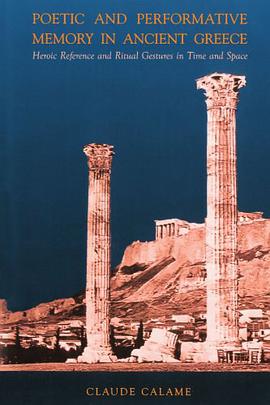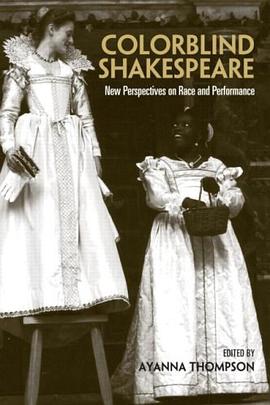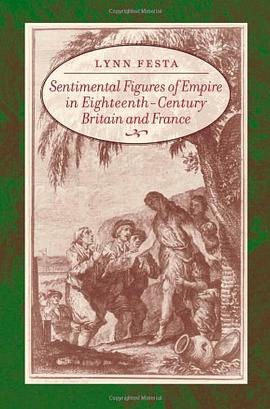

Philosophers have often reflected on the Ancient Greeks' concepts of time, but an anthropological approach is necessary to understand their practical concept of time as tied to space. The Greeks not only spoke of time unfolding in a specific space, but also projected the past upon the future in order to make it active in the social practice of the present. Hesiod's history of humanity was intended to establish justice in the modern city; Bacchylides sang the celebration of the Athenian hero Theseus in a present-day cultic and ideological framework; the city of Cyrene used the heroic act of its founding to reaffirm its civic identity; and the Greeks embossed poetic texts on leaves of gold to ensure the ritual passage of the dead to a blessed afterlife. Explicating these examples, "Poetic and Performative Memory in Ancient Greece" shows how the Ancient Greeks' collective memory was based on a remarkable faculty for the creation of ritual and narrative symbols.
具體描述
讀後感
評分
評分
評分
評分
用戶評價
相關圖書
本站所有內容均為互聯網搜索引擎提供的公開搜索信息,本站不存儲任何數據與內容,任何內容與數據均與本站無關,如有需要請聯繫相關搜索引擎包括但不限於百度,google,bing,sogou 等
© 2025 qciss.net All Rights Reserved. 小哈圖書下載中心 版权所有




















